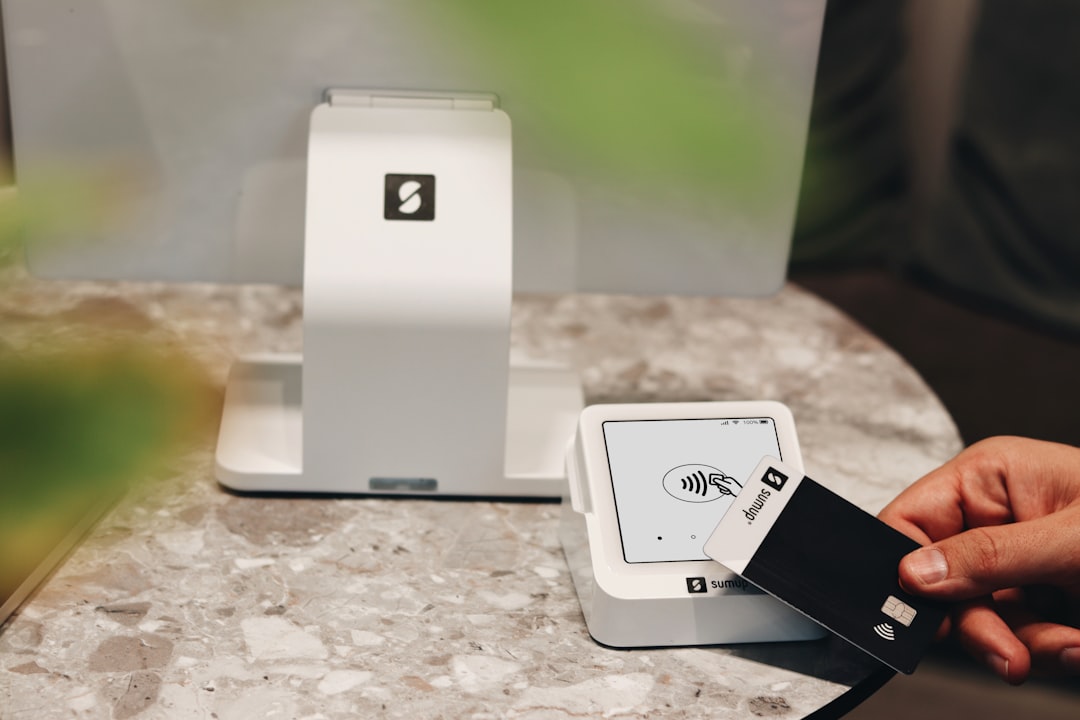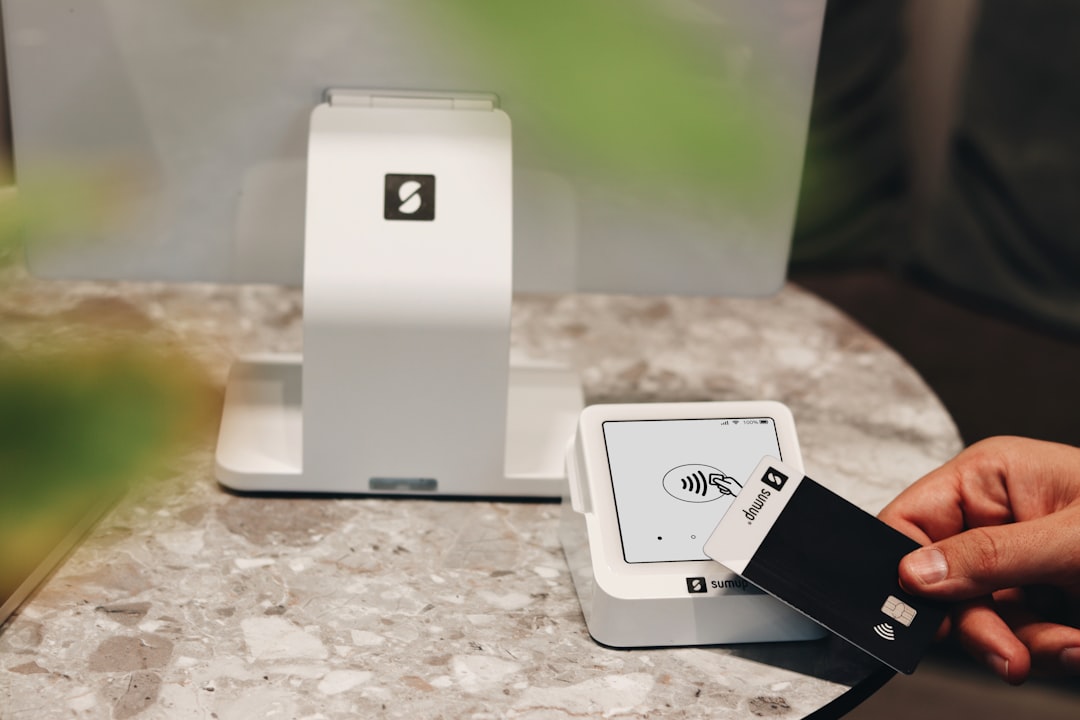In West Virginia, consumers are protected by a 'Do Not Call' law that restricts debt collector interactions, especially after 9 pm-8 am and from law firms. Unethical collectors may employ threats or false statements, targeting residents with deceptive practices. Debtors have rights to challenge debts and verify information; documenting suspicious calls and reporting them to the FTC and Attorney General's Office is crucial for combating illegal collection tactics. Consumers should consult legal professionals specializing in consumer rights for guidance and to protect others from such practices.
In West Virginia, understanding illegal debt collection tactics is crucial for protecting your rights. This article delves into the insidious methods employed by unethical collectors, often circumventing consumer protections like the state’s robust Do Not Call Law, which bans unsolicited phone calls from collection agencies. By exploring common tactics and your legal rights as a debtor, you’ll gain knowledge to defend against aggressive practices and know when to take action, including reporting and seeking legal recourse, especially against firms violating the Do Not Call regulations in WV.
Understanding Illegal Debt Collection Practices in West Virginia

Debt collection practices in West Virginia, like anywhere, are regulated to protect consumers from aggressive and unfair tactics. It’s crucial for folks in WV to understand their rights when dealing with debt collectors. While legitimate firms operate within legal boundaries, some may employ illegal methods disguised as collection efforts. One common tactic is persistent calls to law firms, which can be particularly bothersome for those who do not owe a debt or have requested the firm to stop contacting them. Such actions, often referred to as “do not call” violations, are prohibited under West Virginia laws designed to safeguard residents from harassing practices.
Unethical collectors might also use threats, false statements, or try to intimidate individuals into paying. They may claim to be from official agencies or even threaten legal action without intending to follow through. It’s essential for WV residents to recognize these illegal practices and know their rights. If you suspect such tactics, document the interactions and consider consulting with legal professionals specializing in consumer rights to understand your options and take appropriate action.
The Do Not Call Law and Its Relevance in WV

In West Virginia, consumers are protected from aggressive and illegal debt collection tactics by the state’s implementation of the Do Not Call Law. This law, similar to federal regulations, is designed to give individuals control over unwanted telephone solicitations, including calls from debt collectors. It allows residents to register their phone numbers on a state-managed ‘Do Not Call’ list, effectively blocking most commercial calls, including those related to debt collection.
The Do Not Call Law significantly impacts debt collection practices in West Virginia by limiting the methods collectors can use to contact debtors. By registering with the state, individuals can expect fewer harassing calls and more time to manage their debts. This law ensures that debt collectors respect consumer privacy and rights, fostering a fairer and less intrusive environment for those dealing with financial obligations.
Common Tactics Used by Unethical Collectors

Unethical debt collectors often employ a variety of deceptive and aggressive tactics to pressure individuals into making payments, especially when dealing with consumers in West Virginia. One common method is making false claims about the legal consequences of non-payment, such as saying they represent legal counsel or that failure to pay will result in arrest or lawsuit—all of which are illegal without proper authorization.
Another tactic is persistent and unwanted contact, often involving repeated phone calls at all hours, including early mornings and late nights, specifically targeting individuals who have expressed an intention not to pay or have requested no further contact. Additionally, they may threaten to take actions that they have no legal right to, such as seizing assets or reporting the debt to credit bureaus, in an attempt to intimidate borrowers into compliance. These practices are particularly prevalent among collection agencies operating outside of state laws or those using loopholes to bypass regulations, like avoiding the “Do Not Call” lists.
Your Rights as a Debtor in West Virginia

In West Virginia, debtors have rights that are protected by state laws and regulations. One of the most significant protections is the restriction on phone calls from debt collectors, including law firms. According to West Virginia law, debt collectors cannot call you at your home or workplace between the hours of 9 p.m. and 8 a.m., nor can they use abusive, threatening, or harassing language when attempting to collect a debt. This is to ensure that debtors are treated with fairness and respect, preventing the use of illegal collection tactics.
Additionally, debtors have the right to challenge the validity of a debt and request proof from the collector. They can also ask for validation of the debt, which requires the collector to provide details about the amount owed, the original creditor, and the basis for claiming that you owe the money. Knowing your rights is crucial; if you feel that a debt collector in West Virginia has employed illegal or abusive tactics, you may choose not to answer calls from law firms regarding this debt and instead document any interactions for potential legal action.
Taking Action: Reporting and Legal Recourse

If you’ve been a victim of illegal debt collection tactics, it’s crucial to know that there are steps you can take to protect your rights in West Virginia. The first course of action is to gather evidence—document any calls, emails, or letters from creditors or collectors that violate your rights. Note the dates, times, and contents of these communications. This documentation will be vital if you decide to take legal action.
Reporting the issue to relevant authorities is the next step. The Federal Trade Commission (FTC) and the West Virginia Attorney General’s Office have resources dedicated to addressing debt collection abuses. You can file a complaint with them, providing details about your experiences. Additionally, consider reaching out to local consumer protection agencies or legal aid organizations that specialize in debt collection issues. Remember, you don’t have to face these challenges alone, and taking action can help prevent others from facing similar situations.






